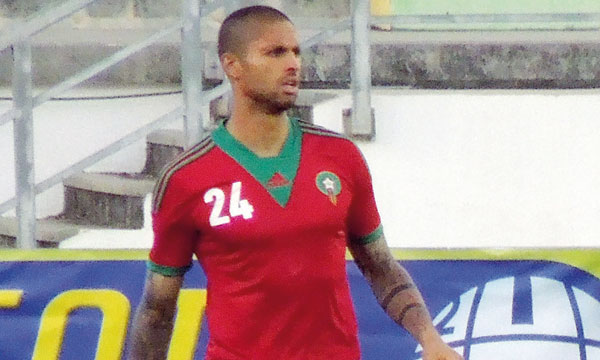Algeria’s recent spring international window brought two vital victories in their World Cup qualifiers, but beneath the surface, certain inconsistencies in manager Vladimir Petkovic’s choices and management have raised concerns.
While the results — a 3-1 win in Botswana and a dominant 5-1 victory over Mozambique in Tizi-Ouzou — have largely overshadowed any criticisms, some key decisions remain puzzling.
A popular adage in football says, “When you win, you recover better.” This sentiment suggests that victories often gloss over the physical fatigue and tactical choices that might otherwise spark debate.
But it’s equally true that certain decisions, which might have seemed illogical or questionable, have gone largely unaddressed as long as the results have been positive.
As Algeria sits atop their group after six days of qualifying action, some of these inconsistencies are worth reflecting upon.
One of the more glaring examples relates to the management of players like Ahmed Touba, Ibrahim Maza, and Soheib Naïr.
Touba, who had a strong outing as a replacement for the injured Youcef Atal during the Botswana match, found himself relegated to the bench for the Mozambique fixture despite his solid performance.
His absence from the starting XI raised eyebrows, especially considering the positive contribution he had made.
Instead, Petkovic opted for the left-footed Jaouen Hadjam, and Touba spent the match watching from the sidelines.
This decision came alongside the curious situation of goalkeeper Alexandre Oukidja.
Although Oukidja was recalled to the squad, he failed to see any playing time in either match, remaining firmly in the backup role behind regular choice Alexis Guendouz.
At nearly 37 years old, Oukidja’s inclusion seemed puzzling given his lack of involvement.
Many observers felt it might have been more beneficial to call up a younger goalkeeper, one who could gain experience with the team and develop for future tournaments.
Similarly, Soheib Naïr, another player who had earned his first call-up, was left unused in both matches.
With the games well in hand in the final stages, Petkovic could have given Naïr valuable playing time, especially given the lack of significant competitive pressure.
His inclusion could have been a step forward for both the player and the team, helping to identify potential alternatives for the central defense pairing that has struggled at times.
The defensive partnerships, particularly that of Aïssa Mandi and Mohamed-Amine Tougaï, have also come under scrutiny.
Neither combination has provided the solid foundation expected, with Mandi often appearing sluggish and late to the ball.
His performances in both the Botswana and Mozambique games highlighted a decline in sharpness and explosiveness, a trend that could prove worrying for Algeria’s defensive stability moving forward.
Ibrahim Maza, too, has shown flashes of potential but remains underutilized.
The Lille defender’s ability in the air and his opportunistic approach in the box have been clear, yet his limited playing time during these matches leaves much to be desired.
Given Algeria’s ambitions for the 2025 Africa Cup of Nations and the 2026 World Cup, testing alternatives like Naïr or giving Maza a more significant role could prove beneficial in the long term.
While Petkovic’s side remains in strong contention for World Cup qualification, these overlooked inconsistencies may need to be addressed as they prepare for more demanding fixtures.
The team’s success in qualifying will depend not only on the results but on how effectively Petkovic manages his squad and ensures that every player is given the opportunity to contribute to Algeria’s future aspirations.












